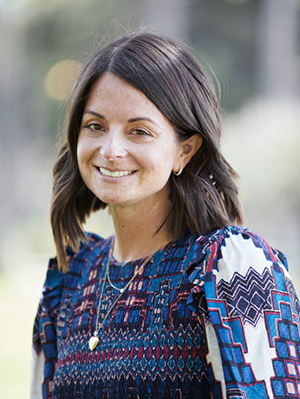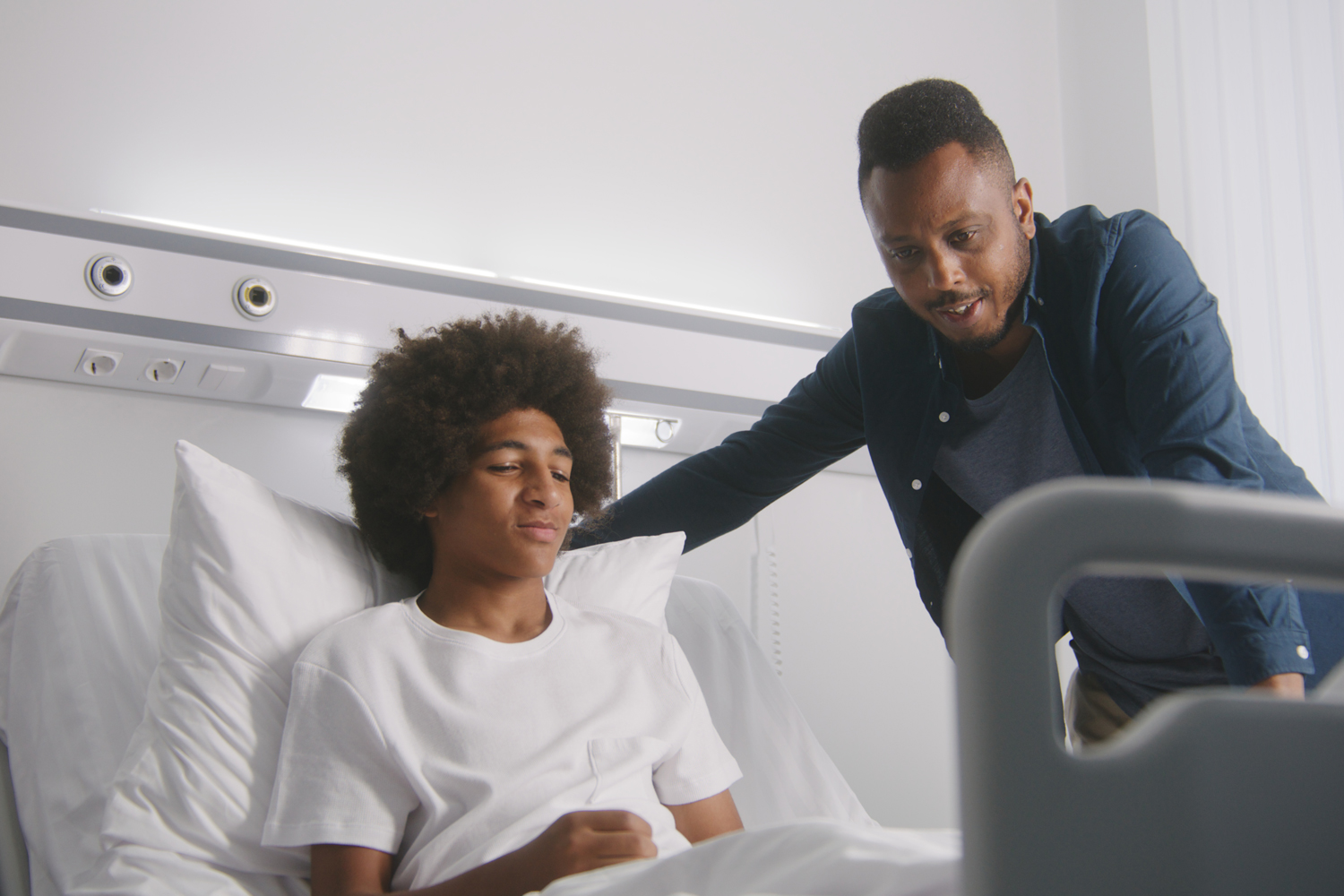My child wants to continue attending high school as he goes through treatment. How can I help him manage doing both?

Julia Leavitt, licensed social worker specializing in psychosocial oncology in Los Angeles
It’s beneficial for students in high school receiving cancer treatment to stay connected with their friends at school and the larger school community. At the same time, you and your teen should keep an open mind as this can look different for everyone. I’ve worked with high school students who’ve had the luxury of a hybrid schedule and could “zoom in” to classes. I’ve worked with other students who wanted to continue being a part of a school sports team, even if it meant sitting on the bench at the games.
Talk to your child about what is most important to him and what his goals are. Remind him that he can still achieve his goals even if he needs to go about it differently than he had previously envisioned. Let your child know you are open to listening. Help him process any fears he may have about missing school. Is he afraid of being left out socially? Or is the concern more about graduating on time and going on to college, with a focus on grades, extracurriculars and SAT scores? You can then identify next steps that will address his specific concerns.
Talk with the medical team about what is realistic for your child. Keep in mind that cancer treatments vary in intensity, and some will require hospital stays. These conversations with your child’s care team will help you and your child set realistic expectations in meeting his goals.
Your child may be able to attend school in person during some portions of his treatment or between treatments. At other times, he may need to keep up with class material and assignments at home on his own or with the help of a tutor. If your child’s treatment will be more intense, think outside the box. For instance, I’ve worked with kids who have chosen to participate in just one class during treatment. Your child may still be able to finish high school on time with the help of summer school or tutoring once he feels better.
Most pediatric oncology centers have social workers who can help you and your child address any anxieties he may have about school. A social worker is a good resource for brainstorming a plan to stay in school. They can help you develop a script you can use in asking teachers or administrators for any needed accommodations along the way, such as extended absences from class or more time to complete assignments. It’s a good idea for a school social worker or other supportive staff to know what your child is going through even if you don’t need to ask for any specific accommodations now.
Remind your child that he has a voice in this. It’s important to give your teenager permission to make these decisions about school for himself and then keep checking in. Remember that any decision your child makes about attending school now doesn’t have to be permanent. His attendance and participation in classes as well as other important school events can evolve and change over time.
MANAGING SCHOOL AND CANCER // The American Society of Clinical Oncology offers tips on going to school during cancer treatment, including how to talk with school staff. // Memorial Sloan Kettering Cancer Center has advice on how to help your child get re-integrated when returning to school after some time away.
The expert’s response was edited for clarity and based on an interview with Kendall K. Morgan.
Cancer Today magazine is free to cancer patients, survivors and caregivers who live in the U.S. Subscribe here to receive four issues per year.





